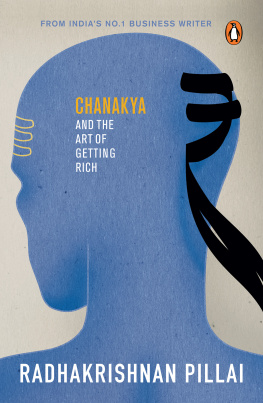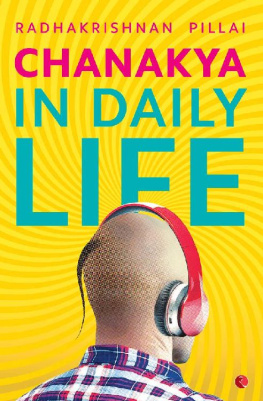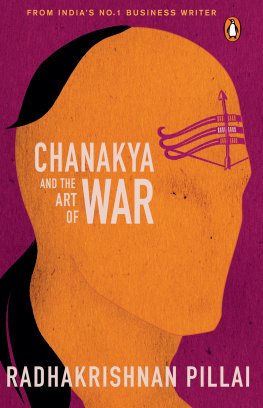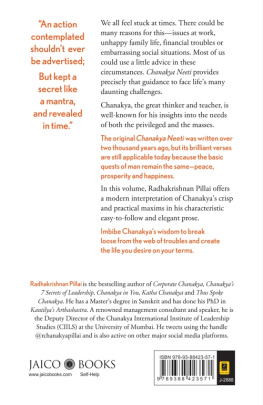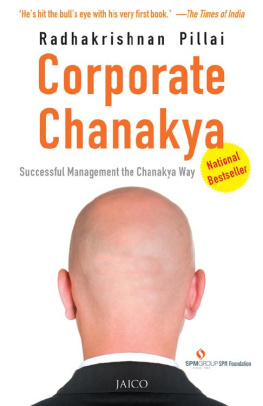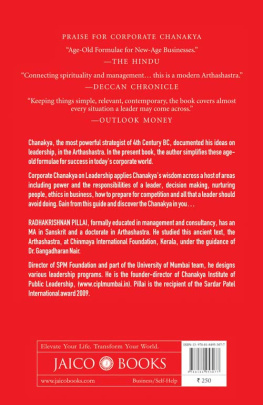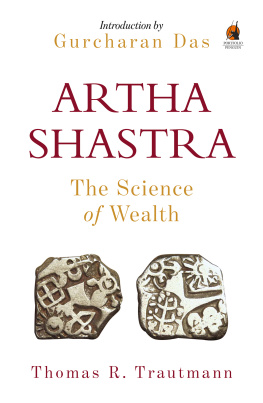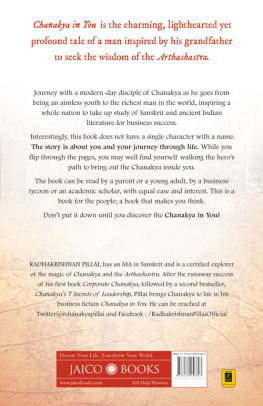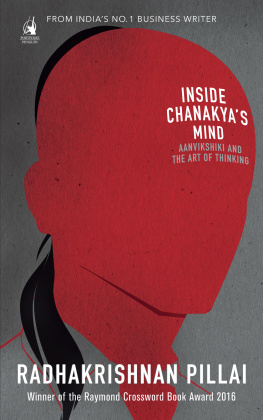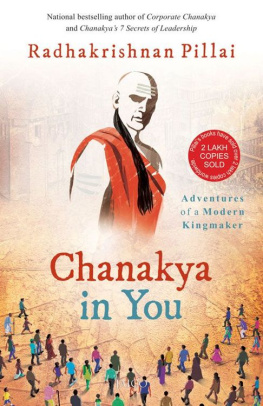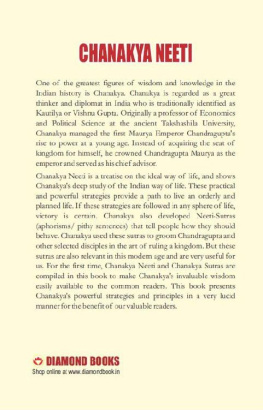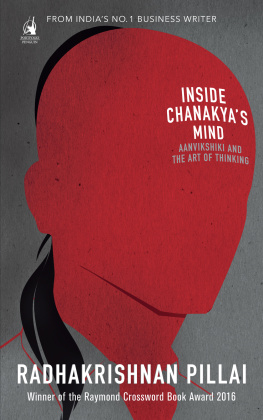He has been honoured with the prestigious Sardar Patel International Award (2009) and the Aavishkar Chanakya Innovation Research Award (2013) for his research in and contribution to the fields of management and industrial development.
To all the rich people whom I have met in my life.
They were rich from outside and inside.
Introduction
Do you want to be rich?
Of course everyone wants to be rich, whether they accept it or not. Those who deny it are either lying or fooling themselves. The reality is that everyone wants to have money and power in some form or the other; they just dont know the process and path to become rich.
Bill Gates once said, If you are born poor, it is not your mistake. But if you die poor, it is your mistake.
Times have changed. With the opportunities available to us, one frequently hears rags to riches stories. Men and women from all classes and communities are rising up to powerful positions, making a mark in their fields, making a name for themselves. Those already at the top are holding their positions, the rich are becoming richer! I would say that we are all lucky to be born in such times where we can witness exponential growth in most sectors.
The contribution of scientific development has created magic in the lives of people. Communication has become faster and much, much cheaper. Education has reached every part of the world. Travel has become fast and affordable. The motorbikes and cars which were once considered a luxury have now become a necessity. Other luxuries like foreign trips, air conditioners, computers, cell phones, etc. have moved from the category of unaffordable luxuries to affordable comforts.
Airports are becoming as busy as railway stations and are thronged by people from all levels of society. Technology and its various mediums of use have become as commonplace as a bag of chips at the corner store. Today we are not talking about availability of food, but the quality of food. We are discussing nutrition and a balanced diet. A generation that grew up seeing malnutrition now ponders over how to overcome obesity.
Healthcare and medicine have progressed by leaps and bounds. Life expectancy has gone up. A lot of diseases hitherto known to be fatal can now be treated, cured completely! The global average life expectancy is approaching seventy years, as per a report by the World Health Organization. There is more focus on a better standard of living, longer, healthier lives, more fulfilled existence.
Slowly, in the twenty-first century, the focus started shifting from survival to growth and sustainability. Yet let us not take things for granted. It is not that we went to sleep one night in a shanty and woke up the next day in a palace. Things did not change overnight.
There were millions of people, and families, across the globe who worked hard over years, decades and even generations to bring about this change. In every field there were those contributors who played their part in facilitating this big shift. They were the scientists, the teachers, the writers, the politicians, the business persons, the artists, the doctors, the spiritual healers, the engineers who committed themselves to adding to what they had been given by their ancestors, to make the world a better place for the coming generations.
Some of these contributors were recognized for their efforts by organizations or governments who honoured them with awards and titles. Yet, most of them went about their lives unnoticed. Some of these heroes were the families and mentors who supported the dreamers and inventors of the world and gave them the backing to go ahead and achieve their dreams. These unsung and silent heroes should never be forgotten.
So, where do we as individuals come in? What should be our role as a generation and as individuals?
The answer is service.
If we think of service as our motto in life, we become contributors and positive change agents. We no longer think of what benefit I as an individual can get, but what benefit all of us can get. In the benefit of all lies the benefit of the individual. Instead of being selfish and worried just about ourselves, we need to become more selfless and dedicate our lives to a higher and bigger purpose benefitting not just us but also the society.
So, how does one do that?
Arnold H. Glasow was of the opinion that, Happy is the person who knows what to remember of the past, what to enjoy in the present, and what to plan for in the future.
A peep in the past will help us understand our present. A detailed study and observation of the present will help us create a better future.
World history is a very interesting subject. It is not just about the wars and the conquerors. It is also about the philosophers, the saints, the sages. It holds the secrets of powerful families and the values they upheld. It contains stories of civilizations, traditions and cultures all over the world. It unravels the legends behind our food habits, the education system, the trade and commerce practices around the world, and holds in its pages the songs of yore and beautiful poetry written decades ago that we still read. It preserves our heritage by keeping a record of the paintings, sculpturesthe art of the various eras. In a study of world history lies the treasure of any society or nationthe literature of the past which often holds the key to the future.
One of the key strains one identifies through the history of various dynasties and eras is the immense importance given to wealth. Economics is such an important part of our lives that it influences a nation as well as an individual simultaneously. As we delve into the workings of modern economics, we begin to see that there is a deep connection with the past. This connection with the past helps us understand the present economic scenarios.

